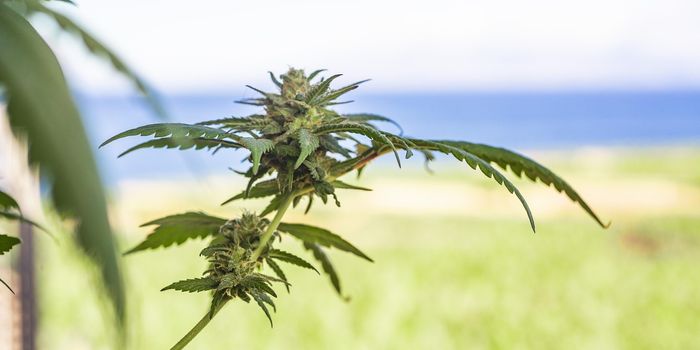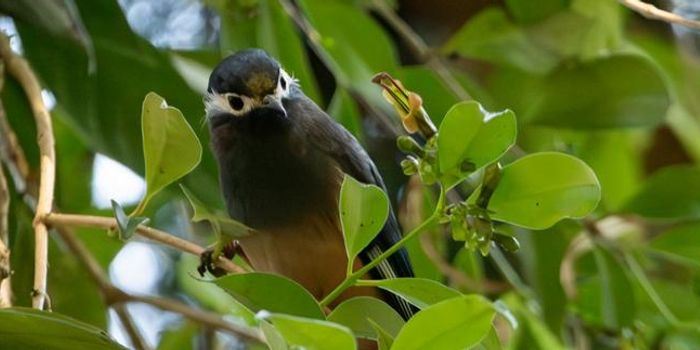Philippine Police Seize 70 Hawksbill Sea Turtles From Poachers
It was only yesterday that over $9 million worth of ivory was seized by authorities in Hong Kong, but today, news has surfaced that as many as 70 critically-endangered hawksbill sea turtles have been seized from a duo of smugglers by authorities in The Philippines.
Image Credit: Frederic Cayao/Philippines National Police/Facebook
While ivory is traded for medicinal purposes and status symbols in various Asian countries, hawksbill sea turtle shells are used in various cosmetics, such as jewelry and other bodily ornaments, which are also considered status symbols.
Related: Here's why researchers think turtles have shells
The critically-endangered status is just one step above extinct, and unfortunately, this means the poached animals have dealt quite an incredible blow to the remaining population.
Those found carrying the 70 hawksbill sea turtles are in some deep trouble. The illegal possession of a critically-endangered species (even worse, bulk amounts of dead critically-endangered species), is punishable by up to 20 years in prison and with a hefty fine of nearly $100,000.
Given that each turtle is worth about $69, this means the boat was carrying over $4,800 worth of contraband, a relatively insignificant amount given the fines that the smugglers now face.
Related: Turtle gets 1,000 coins surgically-removed from stomach
Police came across the stash when they intercepted a boat during a routine patrol. Each of the hawksbill sea turtles was individually packaged and vacuum-packed inside of transparent plastic bags.
The source of the hawksbill sea turtles is still unknown, but authorities are convinced that they came from poachers in China, which is the case with a whole host of targeted animal species.
The region where the hawksbill sea turtles stash was discovered is reportedly a hotspot for illegal animal trade, so authorities just happened to be in the right place, at the right time to nab these law-breakers.
Unfortunately, it's not humanly possible to patrol every square foot of wild waters 24/7, so poaching activies like these are unlikely ot stop any time soon.









